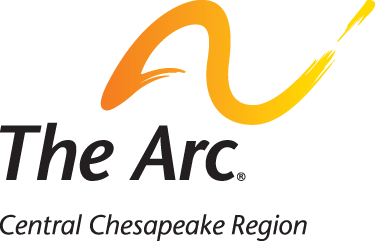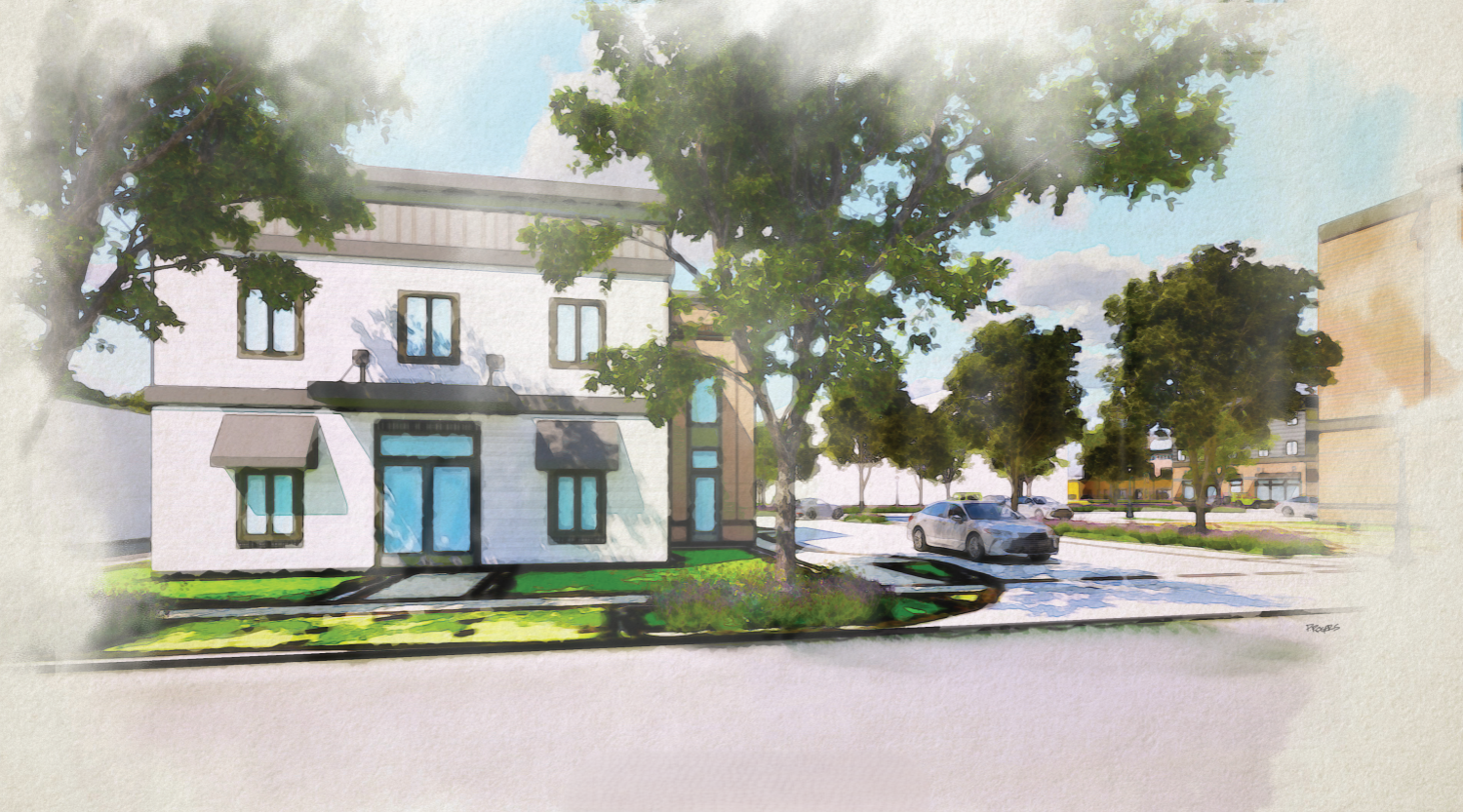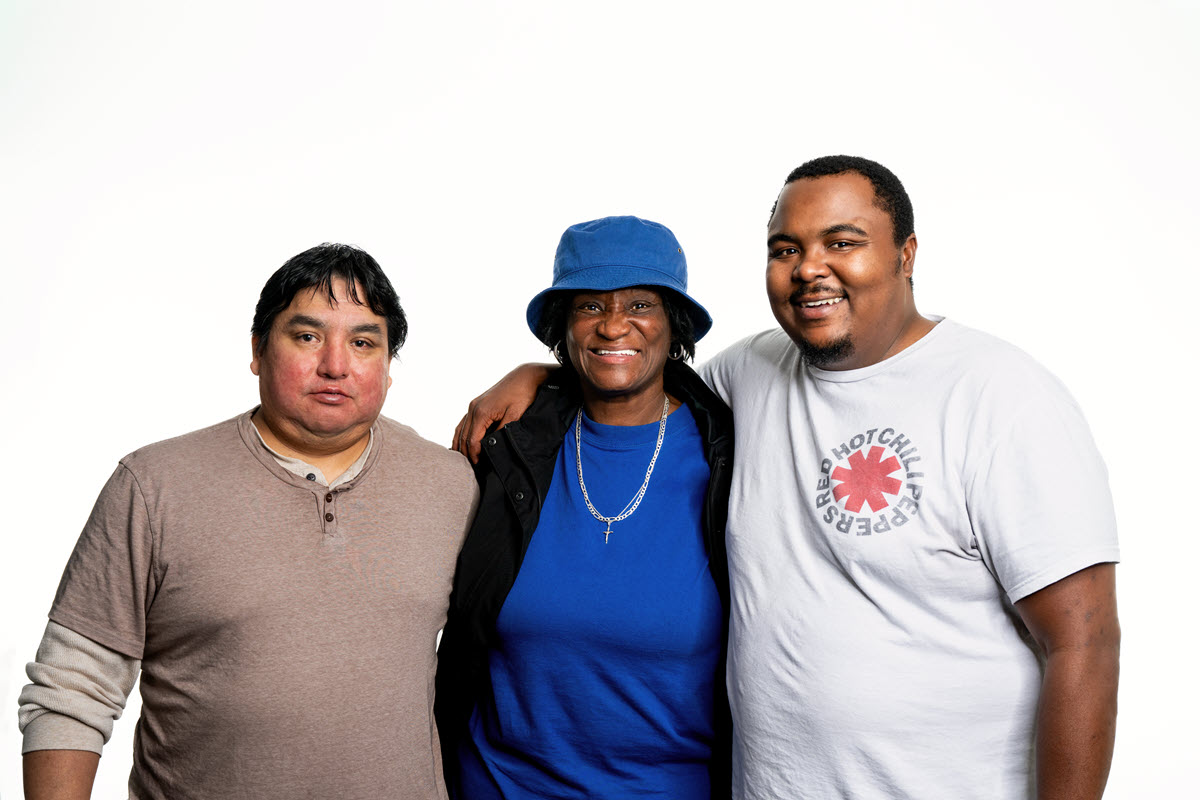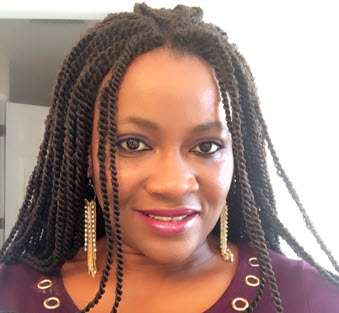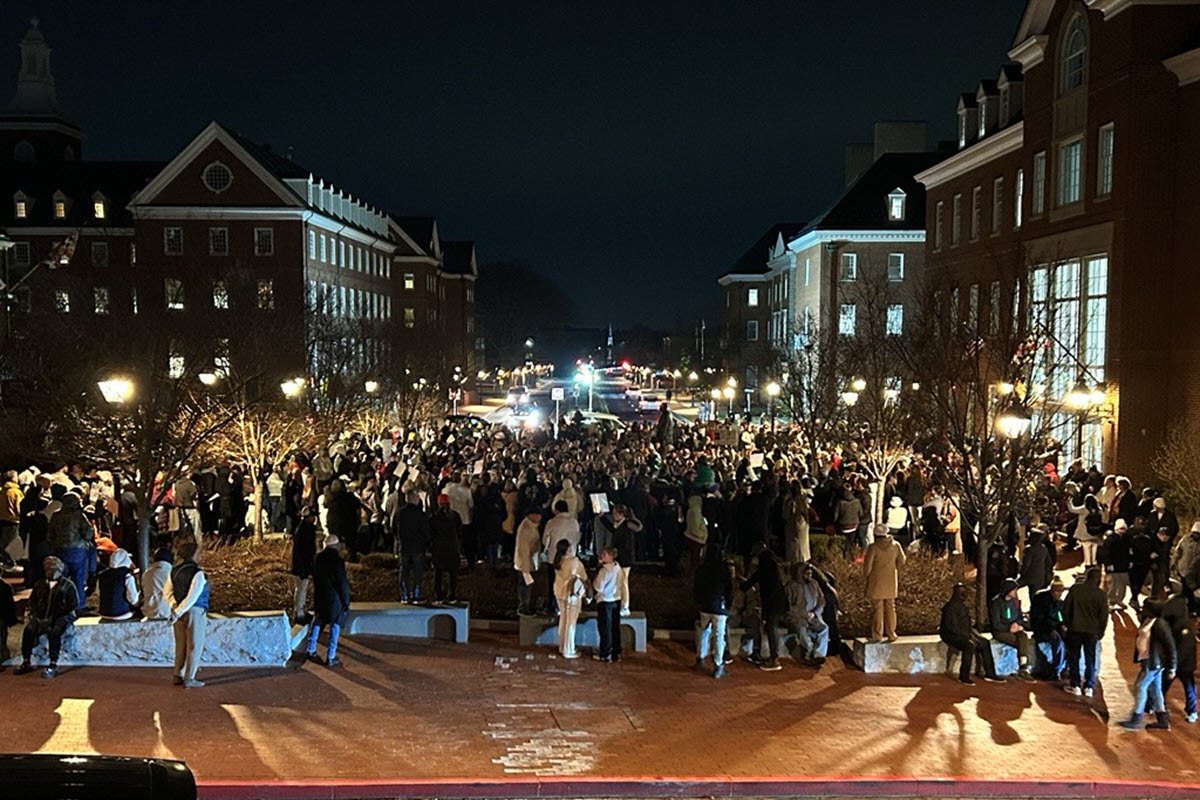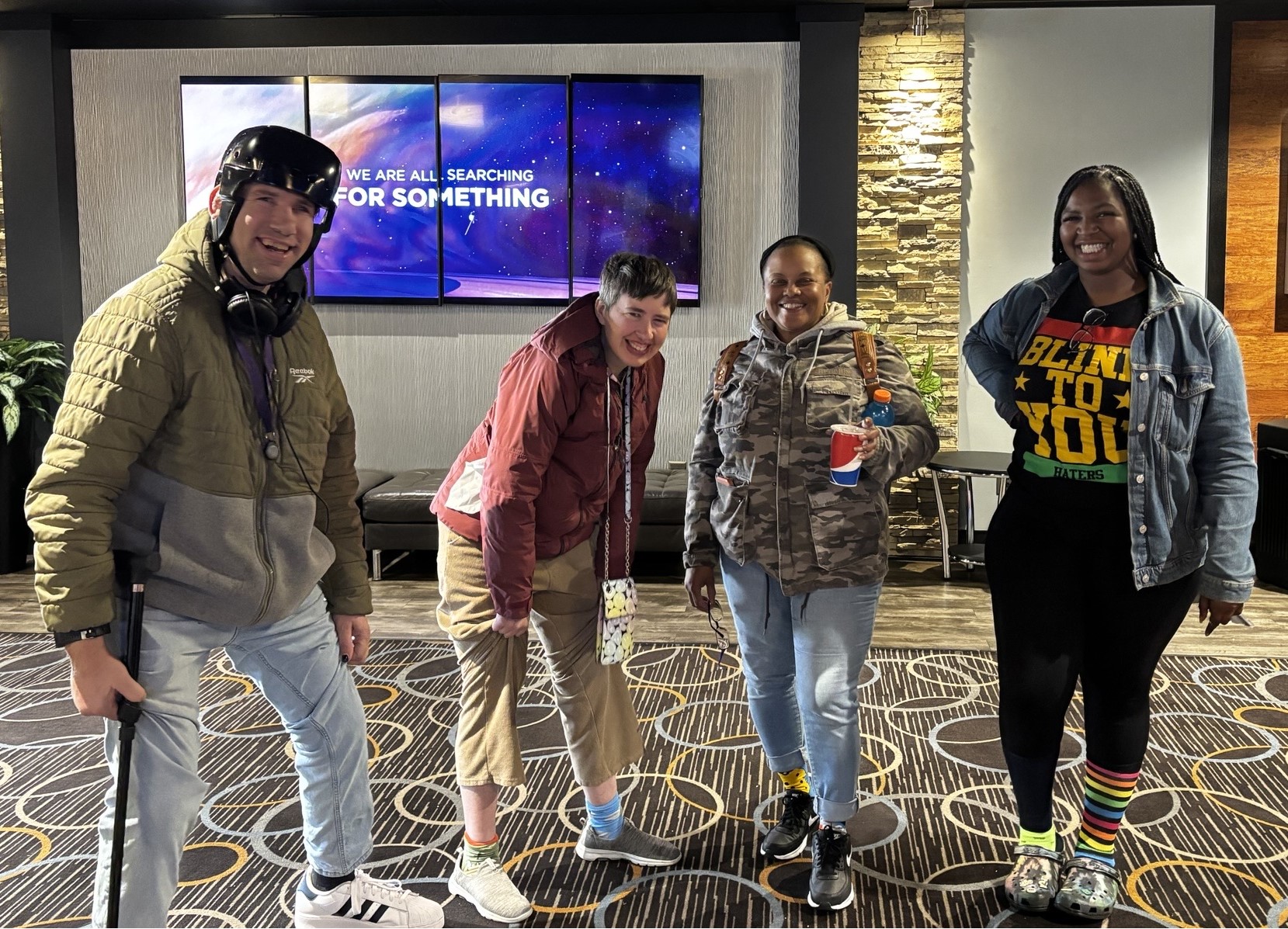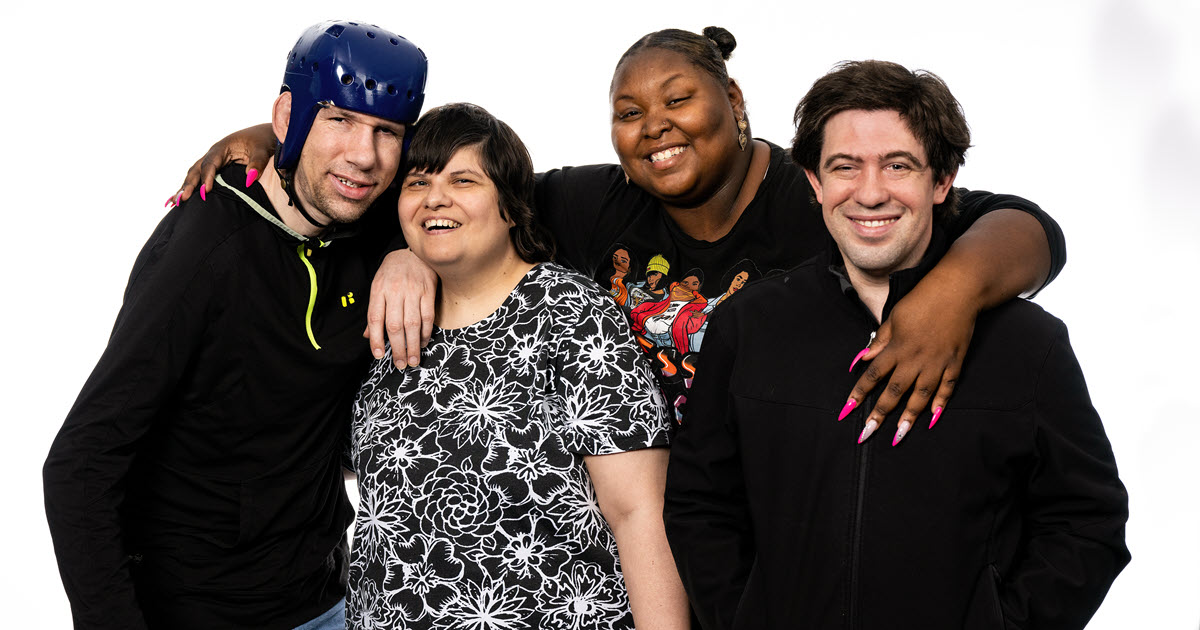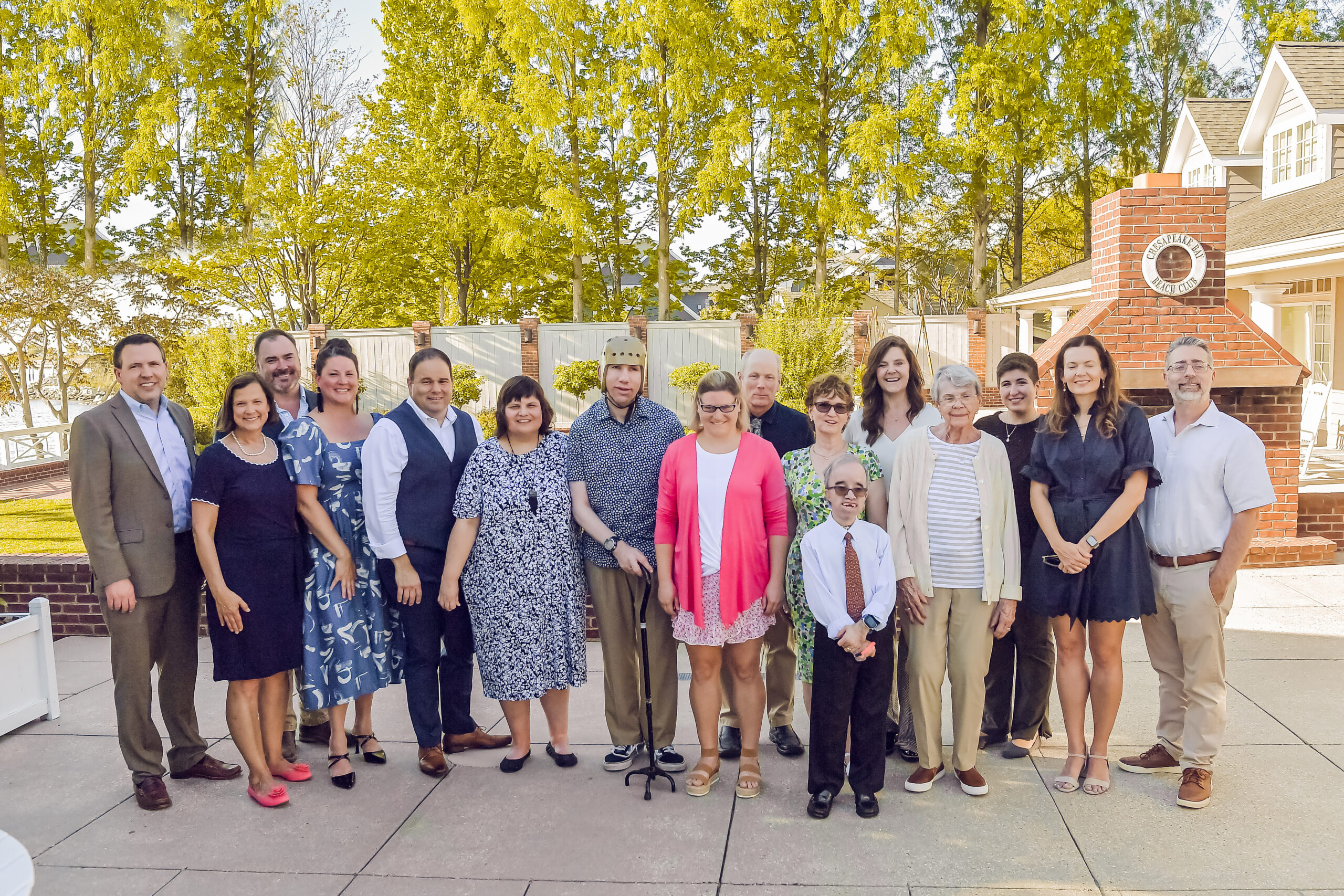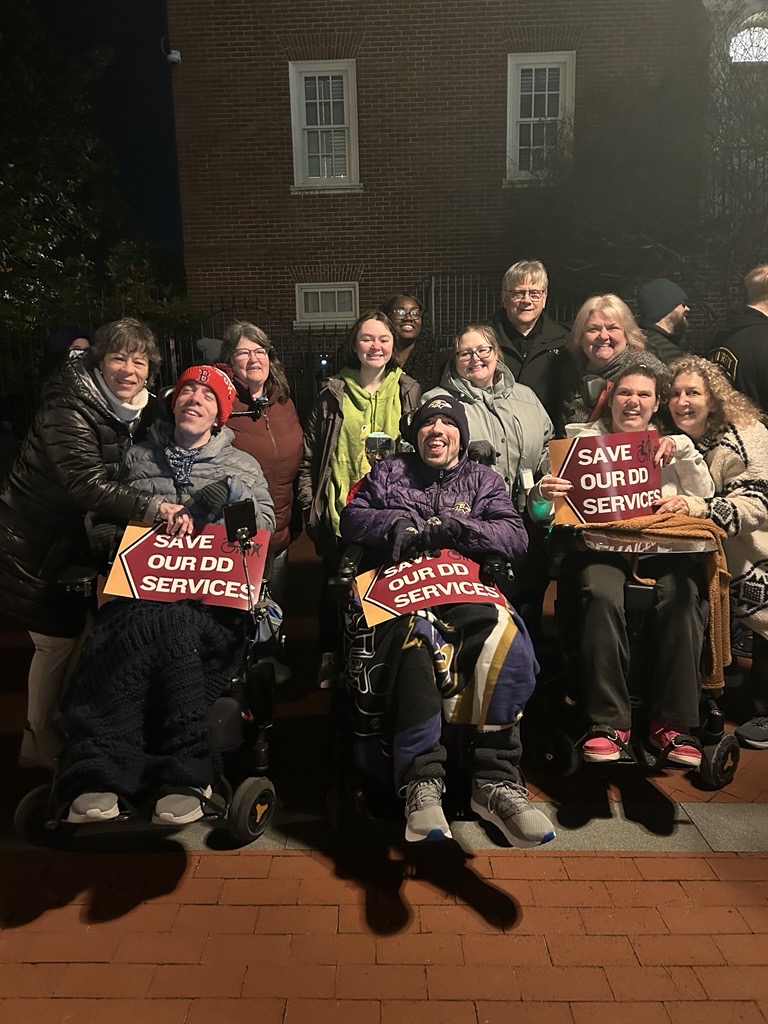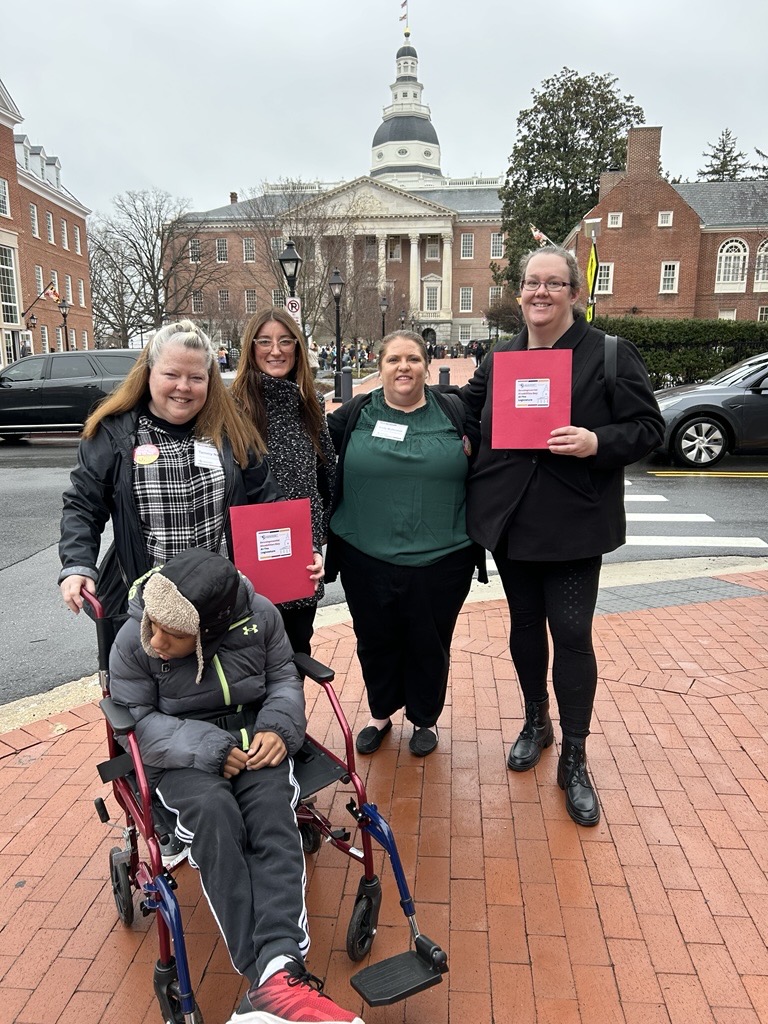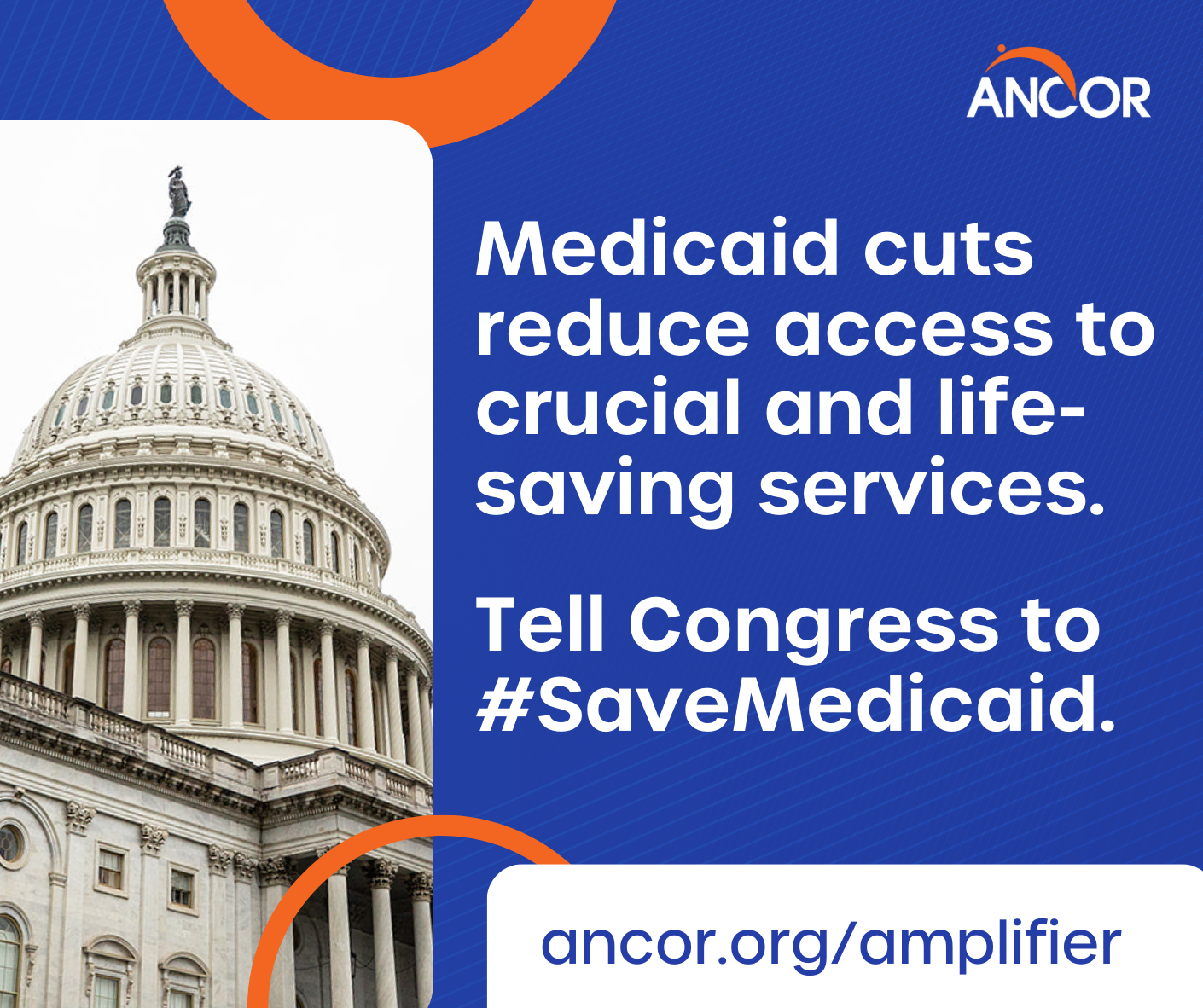April is National Community Development Month, a time to recognize the impact of building inclusive and vibrant communities. Across the country, organizations and local leaders come together to invest in housing, infrastructure, and public spaces that support opportunity and connection. Community development isn’t just about constructing buildings—it’s about creating environments where people of all backgrounds and abilities feel welcome and supported.
National Community Development Month kicks off with Community Development Week, April 1-5, celebrating the projects, partnerships, and policies that strengthen our neighborhoods and make them more accessible for everyone.
Why We Build Communities that Welcome Everyone
At our core, The Arc is driven by our vision of creating communities where people with intellectual and developmental disabilities (IDD) are included and empowered. This work goes beyond supporting individual people – it’s about reimagining neighborhoods, cities, and towns as accessible spaces where everyone belongs.
“Community development isn’t just about building structures—it’s about building a future where everyone has the opportunity to live, work, and play in an inclusive environment,” said Ross Benincasa, Senior Vice President of Community Development for Chesapeake Community Development. “The work we do is a reflection of our commitment to ensuring that every person has a space where they feel valued and supported.”
Through innovative development projects and prioritizing the voices of local communities, Chesapeake Community Development is building the foundation for a future where people with IDD can live in inclusive, welcoming environments designed to support their needs and choices.
With more than 180 units slated for completion by 2030, we anticipate that in the next five years, well over 200 families will live in homes built by Chesapeake Community Development.
What’s Next for Chesapeake Community Development: Easton Crossing & Beyond
Chesapeake Community Development is actively working on multiple projects that align with our vision of building more accessible, inclusive communities. As we celebrate National Community Development Month, we’re excited to share updates on one of our most transformative developments in the heart of Easton, MD—Easton Crossing.
In February, Easton Crossing reached a significant milestone, receiving partial approval from the Planning Commission for the 6.5-acre mixed-use development that will breathe new life into a former grain silo site. This project is designed to foster connection and opportunity, featuring 140 residential units—30% of which will be affordable housing—alongside commercial spaces and open areas for public use. Demolition of the site is underway, clearing the property and preparing the space for construction, starting with 407 Brookletts.
Slated to open in August 2025, 407 Brookletts is the first completed building in the Easton Crossing master plan and will serve as a preview of the craftsmanship, design, and attention to detail that will define the entire development. The building will house Chesapeake Community Development’s new marketing and leasing office. It will be a direct link to the community throughout the development process, offering a space for engagement, information, and connection as Easton Crossing continues to take shape.
Chesapeake Community Development’s Easton, MD pipeline also includes:
- Silo Court: Construction will begin in Fall 2025 on the 28-town home community. Silo Court will offer a mix of 4-bedroom units with garages and 3-bedroom units, appealing to diverse family sizes. Communal spaces like a gazebo, green areas, and direct access to Rails-to-Trails will encourage outdoor activity and connection. With 25% of units designated as affordable for households earning 85% or below of the area median income (AMI), Silo Court strikes a balance between affordability and modern living.
- The Primrose House: Construction is in the final stages for Phase One, which involved rebuilding two outbuildings to provide three new housing units. The project continues The Primrose House’s legacy as a historic boarding house while contributing to Easton’s balanced growth.
- The Laura House: Construction will begin soon near downtown Easton. This 5,500-square-foot property will be converted into seven two-bedroom apartments, incorporating both affordable and market-rate housing. Scheduled to open in Fall 2025, The Laura House exemplifies Chesapeake Community Development’s commitment to scattered-site, small-scale solutions that foster inclusive communities.
In Anne Arundel County, Chesapeake Community Development will soon begin construction on two properties – WB&A North and Nursery Road.
- WB&A North: The expansion of an existing property in Severn, MD, is scheduled to begin construction in early 2026. This project will expand an existing duplex into a quadplex, adding two additional 2-bedroom units, one of which will be fully accessible.
- Nursery Road: Chesapeake Community Development will construct a fully accessible 3-bedroom, 2-bathroom single-family home that will support people with IDD served by The Arc. Supported by Arundel Community Development Services (ACDS), this project prioritizes accessibility and independence, with construction starting in Summer 2025.
A Growing Vision
Looking ahead, The Arc is set to break ground on several new developments in 2025, with more than 180 units total in the pipeline. This ambitious growth ensures that we’re not just meeting the needs of today’s communities but building the foundation for a more inclusive and equitable future.
“As we continue to grow and expand, our focus is always on accessibility, sustainability, and creating communities that reflect the diverse needs of those we serve,” said Ross. “We’re not just developing housing—we’re developing opportunities for people to live the lives they choose.”
